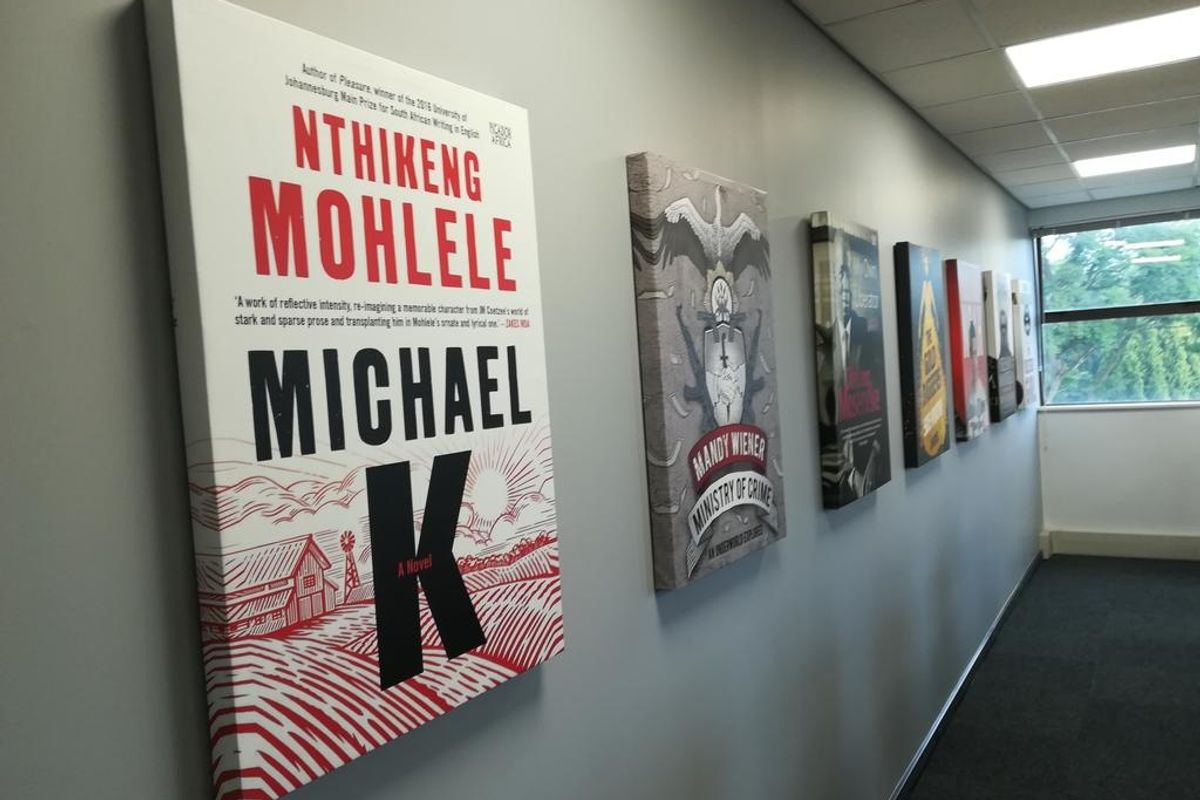
Listen to the Cheeky Natives' Interview with Nthikeng Mohlele, Author of 'Michael K'
The author speaks about his novel, the writing process and his favorite writers.
SEARCH

The author speaks about his novel, the writing process and his favorite writers.